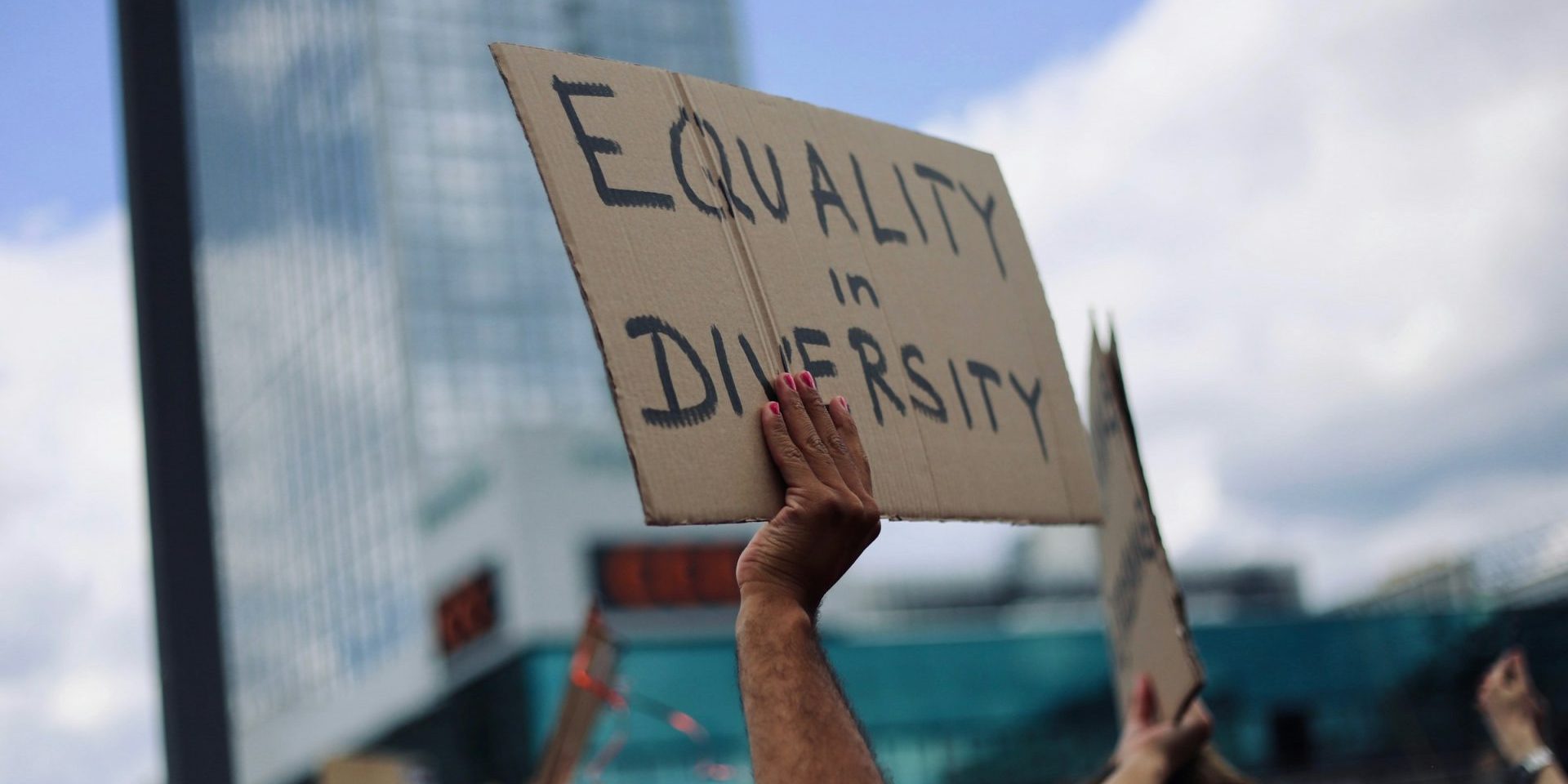The U.S. has rolled back DEI. Should Canada follow suit?

As the United States retreats on diversity, equity, and inclusion policies under the new Trump administration, Canada is facing a defining moment. Will our governments and major employers follow suit? What’s at stake if they do?
As we approach our own federal election season, many eyes will be on our political leaders as they drop hints about whether they will protect Canada’s hard-won equality measures. Will they be the first to go in the name of deficit reduction?
In the U.S., the debate over diversity, equity, and inclusion (DEI) has become a political battleground, with little focus on practical solutions for creating opportunity. In Canada, we have the chance to rise above ideological divisions and focus on what truly matters: ensuring that every Canadian has a fair chance to succeed.

Part of the problem is that the term “DEI” itself has become a lightning rod for polarization. It’s one of many buzzwords fuelling the deepening divide in the U.S., where each side—convinced of its moral superiority—retreats further into echo chambers fuelled by partisan media, online platforms, and social networks.
In reality, properly implemented initiatives have consistently driven higher employee retention, improved well-being, and better economic performance—outcomes we can all support. Let’s take businesses as an example. There is considerable evidence that demonstrates that businesses who are more inclusive and diverse are 35 per cent more likely to outperform their competitors, 70 per cent more likely to capture new markets, and see 19 per cent higher revenue.
Here in Canada, we tend to assume we know better than our neighbours to the south, and our own political discourse has become increasingly charged, which risks distracting us from policies that might actually strengthen our economy and bring us together. Is it any wonder that we have found ourselves in a time of economic stress?
Canada has long stood as a beacon of fairness, where success could be determined by an individual’s abilities and hard work, not their background. However, this Canadian dream is quickly fading, regardless of whether someone was born and raised in rural Saskatchewan or is a recent immigrant trying to make a living in bustling Toronto. Global economic forces like inflation and national issues like our housing crisis and rapid influx of new residents without the infrastructure to support them have exacerbated the barriers that many face in achieving the financial stability necessary to contribute to the economy in a meaningful way.
In recent weeks, U.S. companies have been lining up to roll back DEI initiatives to align themselves with the incoming administration. Having worked with many HR teams in large corporations, I have observed that many of these initiatives are poorly understood by key decision-makers outside HR, and often not tied to key business metrics. The economic case for equal opportunity is clear: when Canadian employers ensure everyone can compete on an equal footing, we tap into the full range of talent, drive innovation, and boost overall productivity.
This isn’t about politically correct ideals; it’s about creating the best conditions for long-term economic growth for our country. To build for our future, we need to ensure Canada’s economy remains competitive on the global stage—one that is, in many ways, becoming increasingly volatile and chaotic.
While the U.S. grows more divided over these issues, Canadians must also remember that equal opportunity benefits everyone—not just those from traditionally marginalized groups, but businesses, communities, and society as a whole. To see our economy thrive, we need the contributions of all Canadians. As we brace for a likely trade war with the U.S., it is more critical than ever that we use the best and brightest minds to create new economic opportunities. Shutting down these initiatives risks excluding many of these minds, and curbs the potential we can bring to the table.
Instead of fixating on terminology that divides, let’s focus on finding common ground. In a time of political upheaval, leaders who seek unity over division will win the support of Canadians caught in the middle. Canada’s corporations also have a unique role to play: will they double down on initiatives that bring more talent to the table, or operate out of fear or short-term thinking? Our future economic opportunities as a nation will be shaped by decisions made in these critical times.
Rebecca Bailey is the CEO of Women in Communications & Technology.
The Hill Times





 LICENSING
LICENSING PODCAST
PODCAST ALERTS
ALERTS


